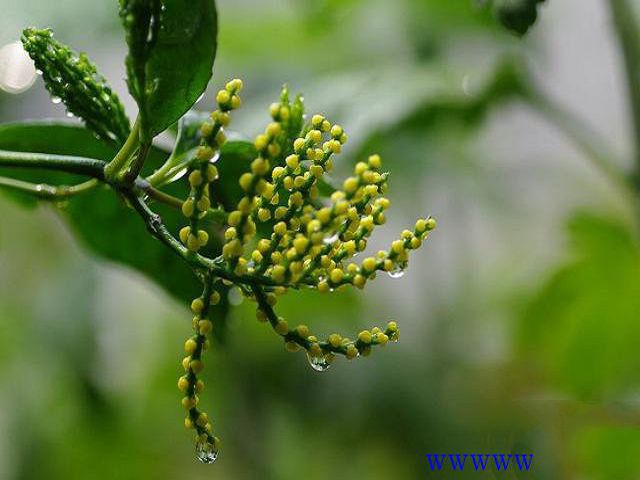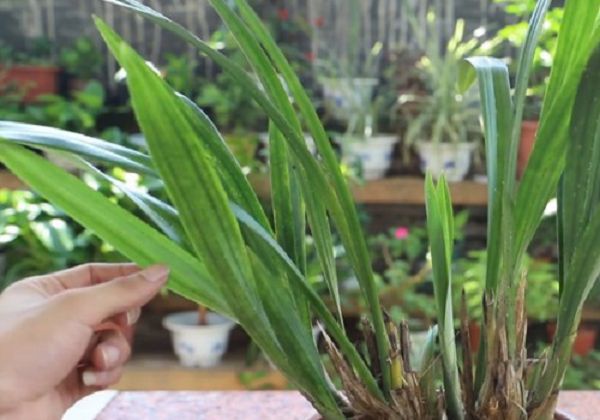Novice orchid growers should not fertilize orchids
The new orchid has just been put on the pot without fertilization.
Orchids that have just come into the pot should not be fertilized because there are enough nutrients in the potted soil to meet the growth needs of orchids. Secondly, the orchid has just changed the pot, experienced some twists and turns, the root growth is affected, and there may be a certain wound, at this time too much fertilizer, resulting in fertilizer damage, will breed bacteria, affect the orchid basin.
After about 2-3 weeks, the orchid returned to normal, and after growing a certain amount of new roots, the resistance was also enhanced and could be fertilized properly.
Thin plants do not apply fertilizer
The orchid grows abnormally, the new bud does not draw, the leaf color is not glossy, the leaf tip is dry, this is the root growth is affected, must not apply fertilizer. First of all, you should check whether the lower roots rot and deal with them in time. After treatment, only a little foliar fertilizer can be sprayed to supplement nutrition to promote the recovery of orchids.
Flower buds are not full and do not apply fertilizer.
In autumn, the orchid will grow more and more new roots and begin to draw flower buds. If the flower buds are not full and produce abnormal flower buds, it shows that the nutrient supply of the roots can only barely maintain the growth of the plant. To ask if the plant needs fertilizer, it does, but it cannot be fertilized. At this time, fertilization will have an impact on the roots, you can first spray foliar fertilizer to promote plant growth, so that the roots slowly recover.
No fertilization in early spring
In early spring, the orchid just came out of the room and gradually returned to growth. at this time, the temperature is still relatively low, the growth is slow, fertilization will not be well absorbed, residual in the soil, but not conducive to the growth of orchids.
No fertilization in midsummer
Generally, when the temperature reaches 35 ℃, the orchid will enter the dormant state, grow slowly, and the ability to absorb nutrients is very weak. If you apply fertilizer at this time, it will undoubtedly make things worse. More importantly, with summer fertilization, orchids will appear the illusion of exuberant growth in autumn, and the roots, leaves and blossoms will be poor next year.
No fertilization at noon
No matter what season, do not fertilize at noon, the best time to fertilize in the morning or evening, with watering. If the noon is right and wrong, the temperature is too high and the fertilizer is fermented in the soil, it is very easy to cause fertilizer damage.
Related
- Is the orchid suitable for indoor use? Is it good for the body?
- How to prevent the empty root of orchids?
- What to do after the crab claw orchid is withered?
- Why are the leaves of orchids always yellow? Fertilizing and watering.
- Can the root of the gentleman orchid be saved if it is rotten?
- Diagnosis and treatment of cotton-blowing beetle insects in Cymbidium
- There is a way for a gentleman's orchid to rot.
- What is the most suitable temperature and humidity for the orchid?
- How to raise a gentleman's orchid? Cultivation techniques of Cymbidium
- How to prepare the nutritive soil for the cultivation of Cymbidium



